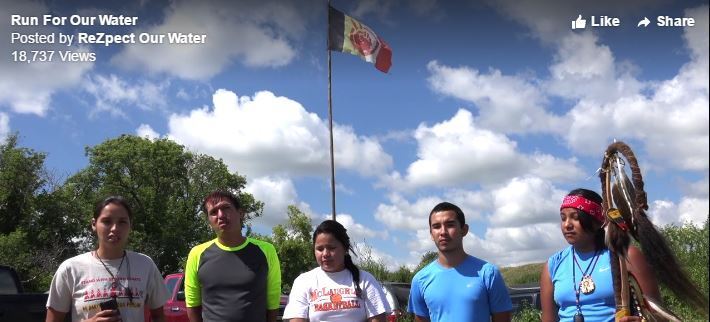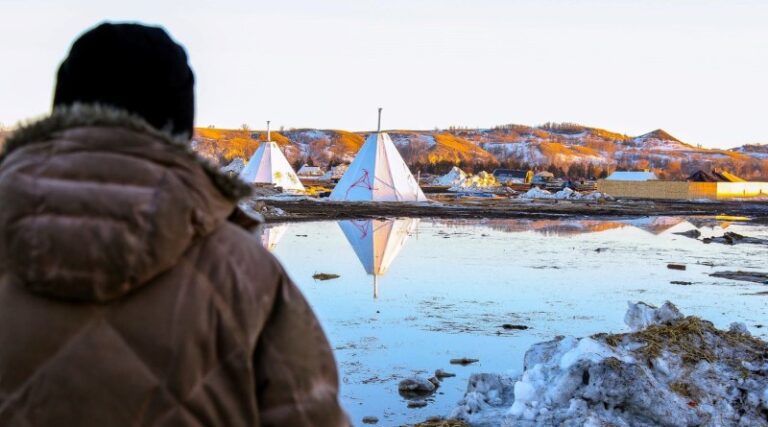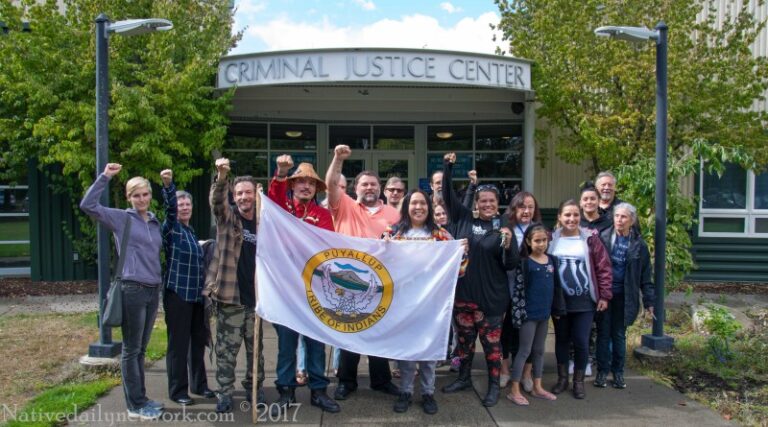This Land and River is my Body
By Mike Buck (Yakama Nation), Volunteer at Columbia Riverkeeper.
Dear Readers,
Inmí Wáwnak-shash iwá ichín Tícham-yaw ku ichín Wana-yaw
“This Land and River is my Body.”
I am NATIVE to Central Washington’s distinguished sage, shrub-steppe and heavy basalt community landscape. The powerful Columbia River within the beautiful “Evergreen” state of Washington is home to the federally recognized, Confederated Tribes and Bands of the Yakama Nation, known as River-People or “Wana-pum”. Traditional Yakama members continue to devote heartfelt song and ceremony on behalf of a once thriving, diverse and rich Salmon Culture, ubiquitous in the heart of the Pacific Northwest.
As an undergraduate who studied Environmental Science(s) at Heritage University, I am examining a potential contribution to Environmental Health Science, questioning significant and specified Pacific Northwest environmental history truths and uncertainties that may or may not have taken place at traditional Columbia River tribal fisheries.
Present-day indigenous environmental scholars like myself, are now reserving a right to methodically listen, document, and protect our own history. Traditional Ecological Knowledge (TEK) bridges us to our ancestry, subsequently creating tribal-specific metrics of health within a very limited and contemporary traditional food system of our respective regions.
The Hanford Nuclear Reservation (Hanford) in Washington is one of the largest sites in the country for the treatment, storage and disposal of radioactive and non-radioactive hazardous waste, currently storing over 53 million gallons of mixed radioactive and non-radioactive hazardous waste. During World War II, the United States government constructed Hanford to manufacture plutonium for military purposes.
Over the decades, the United States Department of Energy (DOE) has disposed of approximately 450 billion gallons of contaminated water and liquid mixed waste on the site. At least one million gallons of high level mixed radioactive and non-radioactive hazardous waste have leaked into the environment and 170 miles of groundwater beneath Hanford are contaminated. In addition, tens of millions of gallons of waste are stored at Hanford in tanks that were constructed in the 1940’s and meant to last only twenty years.
As of 2004, there was a backlog of over 22,000 cubic meters of low-level mixed waste and transuranic mixed waste awaiting treatment and disposal. (retrieved from United States Court of Appeals, Ninth Circuit. Yes on I-297. Decided May 21, 2008)
It is very important to uphold the Treaty of 1855 between the United States and the Yakama Nation on behalf of the shared region at Hanford. The Treaty of 1855 has implications on Hanford; Yakama land at Hanford was ceded to the United States in the Treaty, with provisions that rights would remain forever. The Treaty involved a grant of land and rights to the U.S. by the Yakama Nation, not the reverse.
The historical and unjust distribution of benefits and burdens between tribal communities and surrounding United States government agencies in our state, in effect, justified the majority of present-day toxic waste and pollution in the Columbia River.
Energy production in Washington State has been at the expense of the natural flow of the Columbia and has been a pattern that Indigenous people have witnessed and encountered repeatedly throughout PNW history. Critical negative social impacts remain self-evident within tribal communities along the Columbia River that include a dangerous uncertainty of human health effects and questionable water quality presence at traditional fishing and gathering areas in the region near Hanford.
A dignified environmental history exists and can begin to counter physiological and mental health disparities as a result of identity loss due specifically to relocation and forced acculturation experienced by tribal communities.
A colorful history that begins with Columbia River Indigenous tribal Elders and youth ignites self-determination and identity renewal with a vengeance! Regional environmental histories of the Yakama, Warm Springs, Umatilla, Nez Perce and Wanapum of Priest Rapids are re-emerging as a spirited manifestation of present-day environmental justice practice that commands awareness and RESPECT.
According to distinguished environmental justice scholar Joseph R. Desjardins, Environmental Justice and Environmental Racism is demonstrated as “an unequal distribution of burdens and benefits amongst people of color,” and, “according to many observers, all too often, society places the burdens on people in the least advantaged positions– the poor and people of color for example.”
We honor and invest time and resources in special delivery of greater awareness to SPECIFIC goals and objectives that are adjacent to upholding water quality standards and a higher standard of collaborative integrity that honors multiple generations, human and non-human alike that rest in the Heart of the Columbia.
I invite the dialogue of Columbia River Basin administrators, land-use planners, map-makers, surveyors, monitors, scholars, writers, artists, professors, lawyers, environmentalists, community-based organizers, and dedicated scientists to share in a common goal of rebuilding and restoring human relationships with each other and with the River for as author/professor Robin Wall Kimmerer once stated emphatically, “It is not the land that is broken, but man’s relationship to the land that is broken.”
In a time when the History of “Heroes” of this Nation is being seriously questioned AND obliterated we can now see that the Land that my people visited at Hanford ALWAYS remembered us, we are a manifestation of THIS land. We are the Columbia, we are the shrub steppe, we are the deer, we are the huckleberries we are the roots. That connection must not be broken by a logic of the uninformed and outdated policies that are EXTREMELY trivial.
Sincerely, Mike Buck
Read more about the incredible, thorough and succesful work of the Columbia Riverkeepers. https://www.columbiariverkeeper.org/
